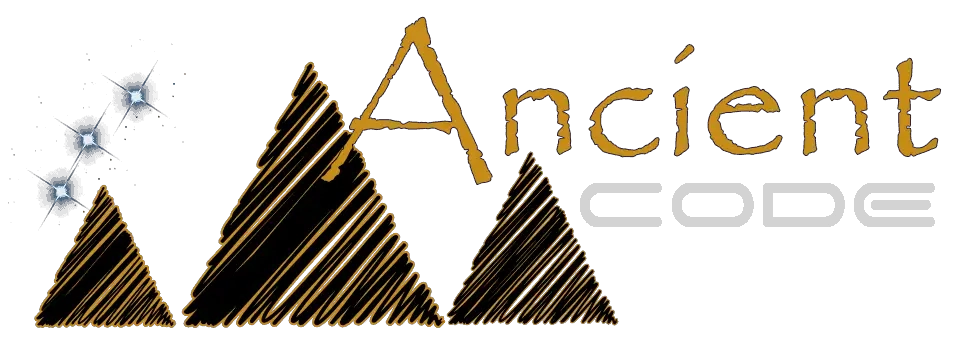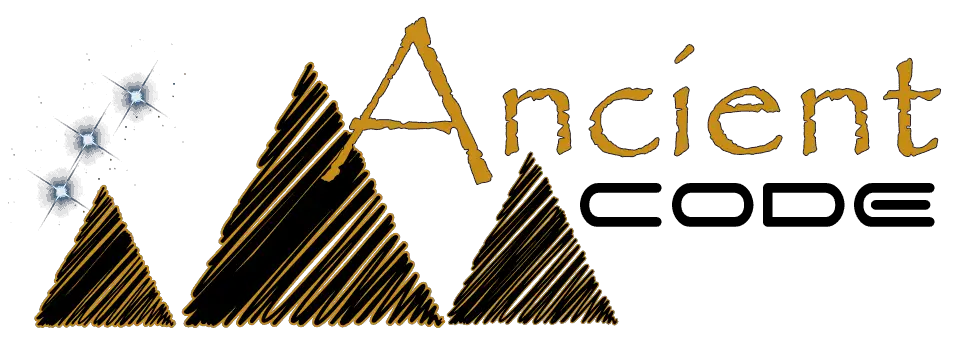There are countless, extremely ancient underground tunnels and chambers that stretch across the European Continent. These massive, 12-000-year-old underground tunnels are the product of ancient man which was far more advanced and knowledgeable than what mainstream scholars are willing to accept.
Are these tunnels the ultimate evidence of a lost culture inhabiting Europe?
Over 12,000 year ago, ancient people from Europe started building massive underground tunnels across the entire continent. No one knows why or how these tunnels were made, but they are among the most incredible features attributed to man thousands of years ago. In fact, over 10,000 years ago, ancient man was capable of erecting some of the most fascinating ancient structures known to man. Evidence of that is Göbekli Tepe.
Archaeologists have discovered in modern-day Germany thousands of underground tunnels that date back to the Stone Age. These tunnels spread throughout Europe, from Scotland to Turkey, leaving researchers puzzled about their original function.
What was the purpose of these enigmatic tunnels? Were they used as tombs?
Where they giant chambers used for religious rituals? Or were these tunnels intricate hideouts meant to offer protection against predators? Or is it possible that 12,000 years ago, ancient man created these tunnels as a protection for a global cataclysm?
Throughout Europe, archaeologists have begun exploring the numerous tunnels.

Many researchers, among them German archaeologist Dr. Heinrich Kush, believe that these megalithic tunnels were used as modern-day highways, allowing the transition of people and connecting them to distant places across Europe. In the book Secrets Of The Underground Door To An Ancient World (German title: Tore zur Unterwelt), Dr. Kush states that evidence of massive underground tunnels has been found under dozens of Neolithic settlements all over the European continent. These tremendous tunnels are often referred to as ancient highways.
Interestingly, many of these large tunnels still exist today across Europe, and researchers are just beginning to locate and unearth them.
Dr. Kusch states that ‘Across Europe, there were thousands of these tunnels – from the north in Scotland down to the Mediterranean. They are interspersed with nooks, at some places, it’s larger, and there is seating, or storage chambers and rooms. They do not all link up but taken together it is a massive underground network.’
In his book, Dr. Henry Kush professor at the Karl-Franzen University in Graz, along with his wife Ingrid analyzes the intricate network of tunnels located in the region of Styria, in Austria, whose purpose remains a profound mystery.

So far, there aren’t any explanations about the tunnels function which satisfy researchers. However, there are radiocarbon tests performed on organic material found in the tunnels that date back thousands of years.
Many of the so-called chambers are connected to places of interest or ancient settlements. Tunnel entrances are sometimes found near old farm houses, near antique churches, and cemeteries, or in the middle of forests. These tunnels were built by people who knew exactly what they were doing. The builders of the tunnels were extremely knowledgeable and created the tunnels in such a way, that these gigantic subterranean highways survived tens of thousands of o years.
In fact, the ancient builders created a zig-zag building method which allowed the tunnels to support extreme weight.
Similar tunnels to those found in Austria and Germany have been discovered all around Europe. In fact, there are traces of subterranean tunnels in Spain, Hungary, Turkey, England and even Bosnia. However, no one has been able to explain how or why these ancient tunnels were built.
Some experts firmly believe that the extensive network of tunnels was a way devised by the ancient to protect themselves from the dangers of the outside world. Many researchers believe the tunnels were used as modern highways, allowing people to move freely across the continent in times of war or epidemics.
However, there are some researchers who believe that the network of tunnels in Europe is only a small discovery that will eventually lead towards a vast underground world waiting to be discovered.
However, it is surprising to understand –at least from a mainstream point of view—that people created these giant, intricate tunnels tens of thousands of years ago. While mainstream archaeologists firmly promote the belief that 10,000 years ago, ancient man was extremely primitive, incredible discoveries, like Göbekli Tepe, which is believed to be over 12,000 years old, the Pyramids of Giza and Stonehenge demonstrate that our ancestors possessed extremely advanced techniques, technologies and means that ultimately allowed them to erect some of the most important and unbelievable structures around the globe.
The discovery of the vast network of underground tunnels clearly indicates that ancient man did not spend his days hunting animals and gathering fruits thousands of years ago, but was dedicated to engineering works that required enormous intellectual resources and design.
However, these tunnels aren’t only exclusive to Europe. In fact, there are numerous ancient cultures around the globe which mention the existence of similar tunnels, leading to the underworld.
According to the Macuxi Indians of the Amazon, a vast network of tunnels connects our world to mysterious chambers located under the surface.
The Macuxi Indians are indigenous people who live in the Amazon, in countries such as Brazil, Guyana, and Venezuela. According to their legends, they are the descendants of the Sun’s children, the creator of Fire and disease and the protectors of the “inner Earth.”
Their oral legends speak of an entrance into Earth. Until the year 1907, the Macuxies would enter some sort of cavern, and travel from 13 to 15 days until they reached the interior. It is there, “at the other side of the world, in the inner Earth” is where the Giants live, creatures that have around 3-4 meters in height.
Check oot some images from the Book: Tore zur Unterwelt



Further reading material:
Tore zur Unterwelt (German) Hardcover – 2009 by


